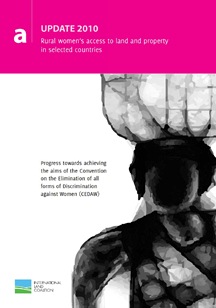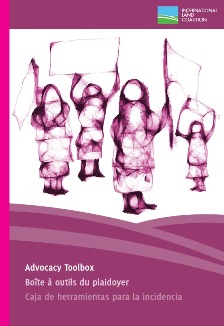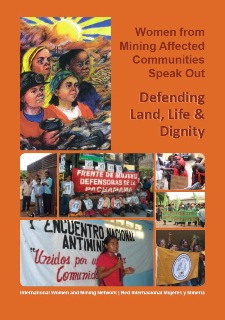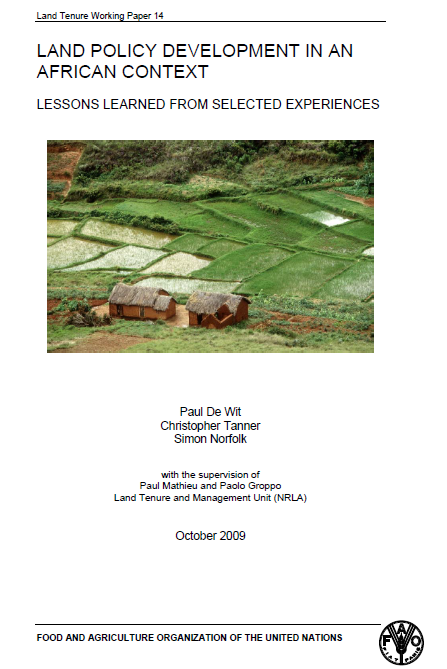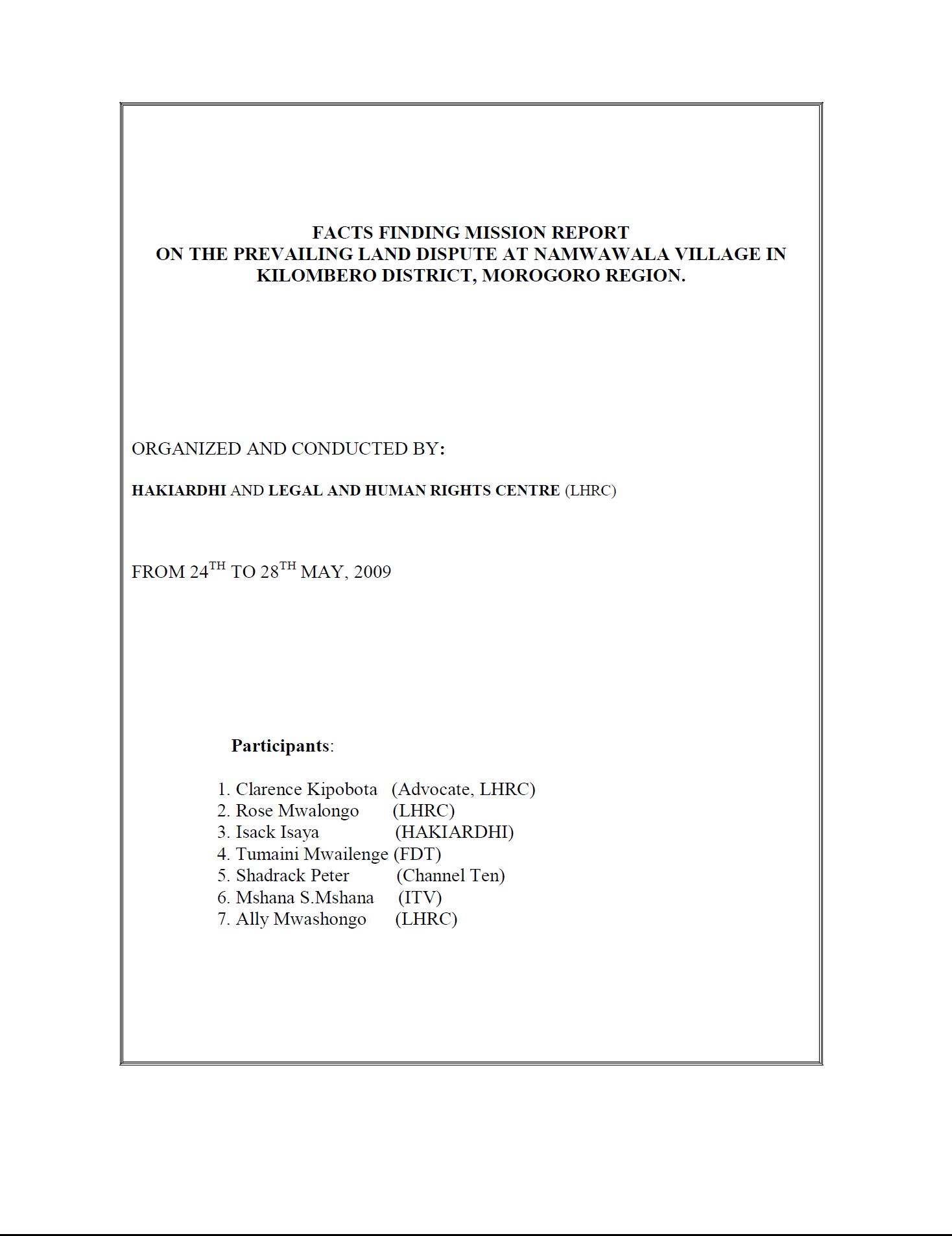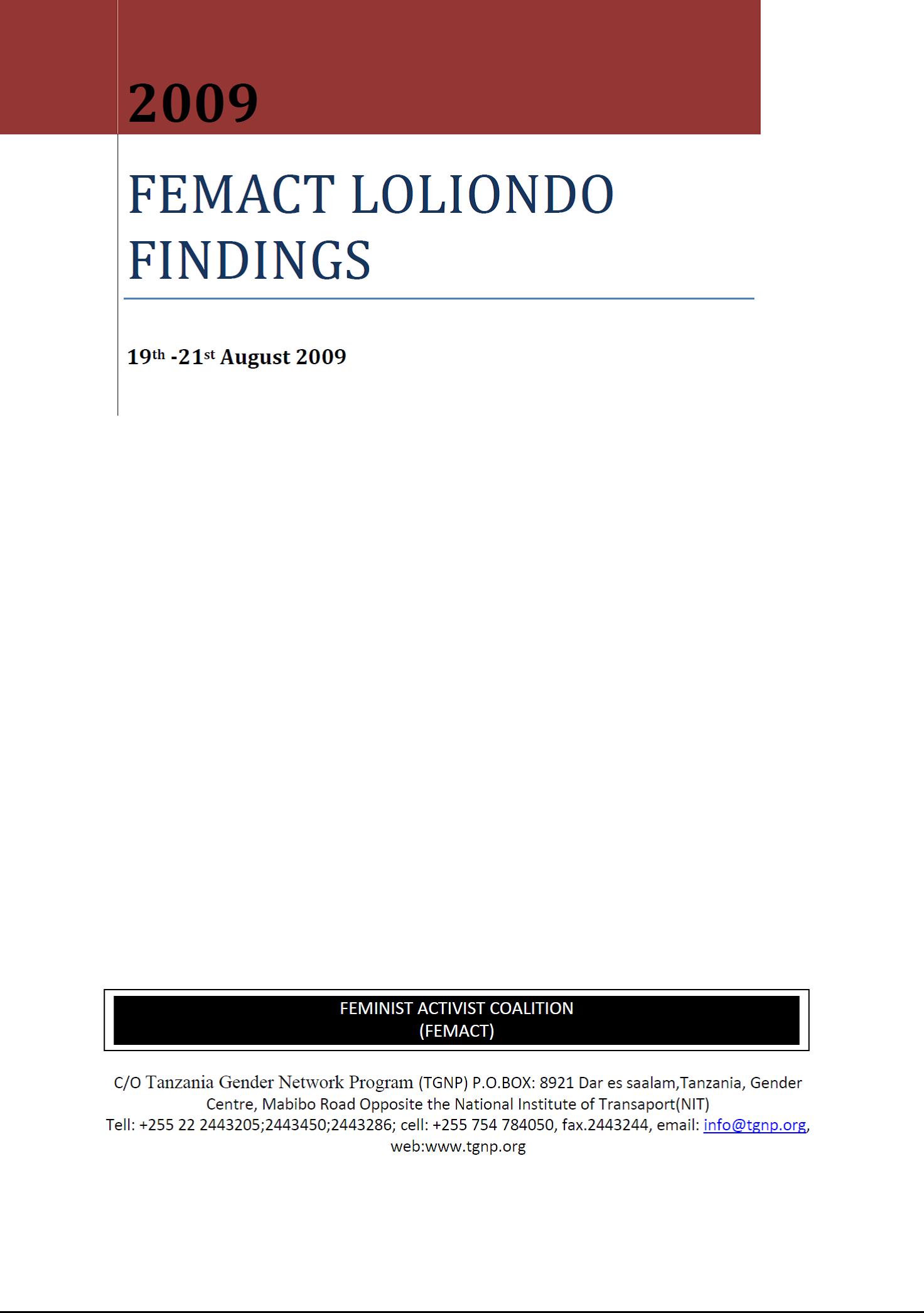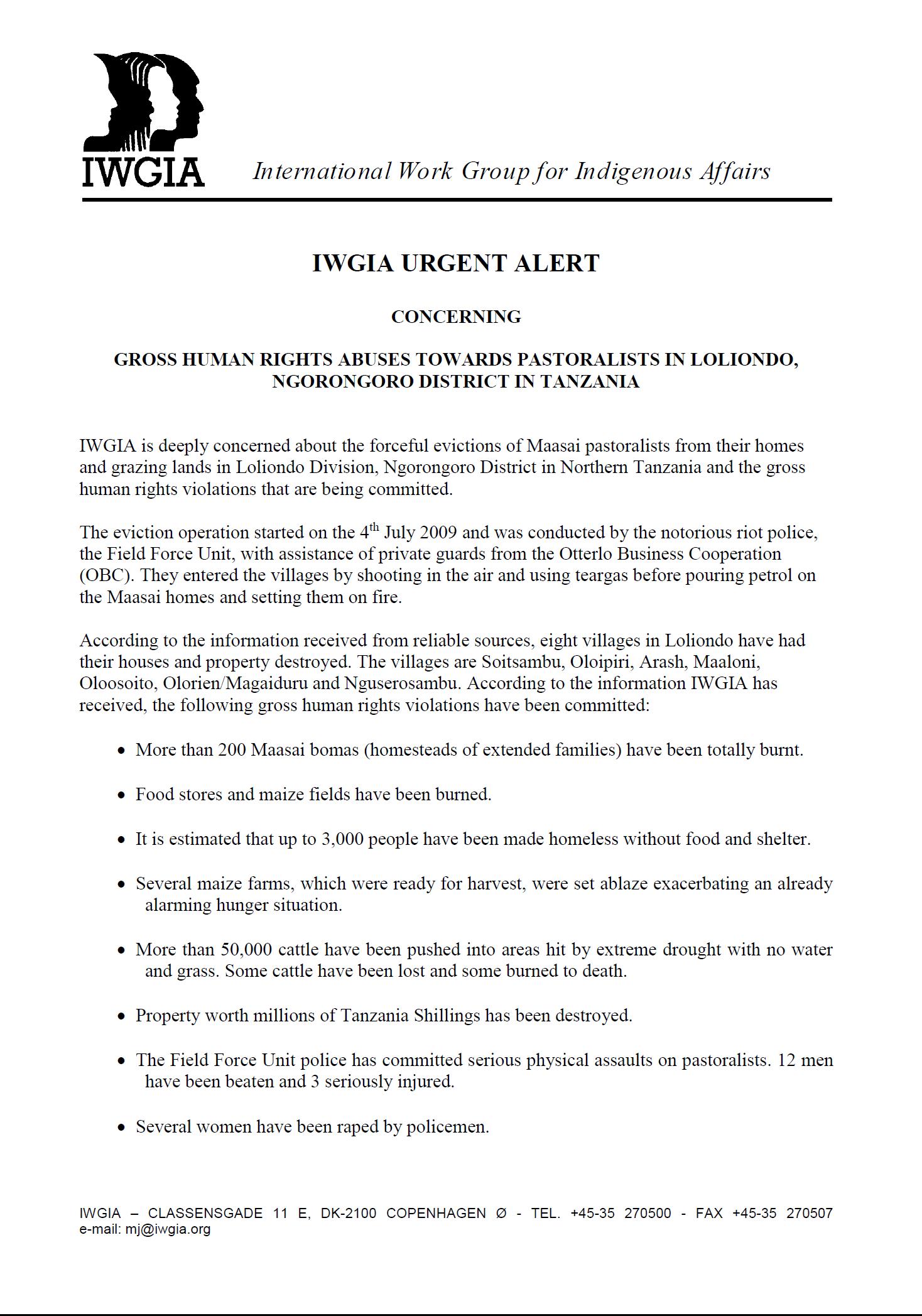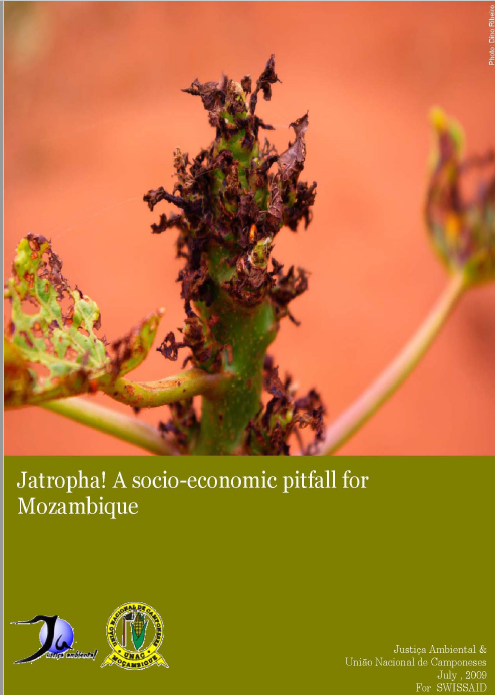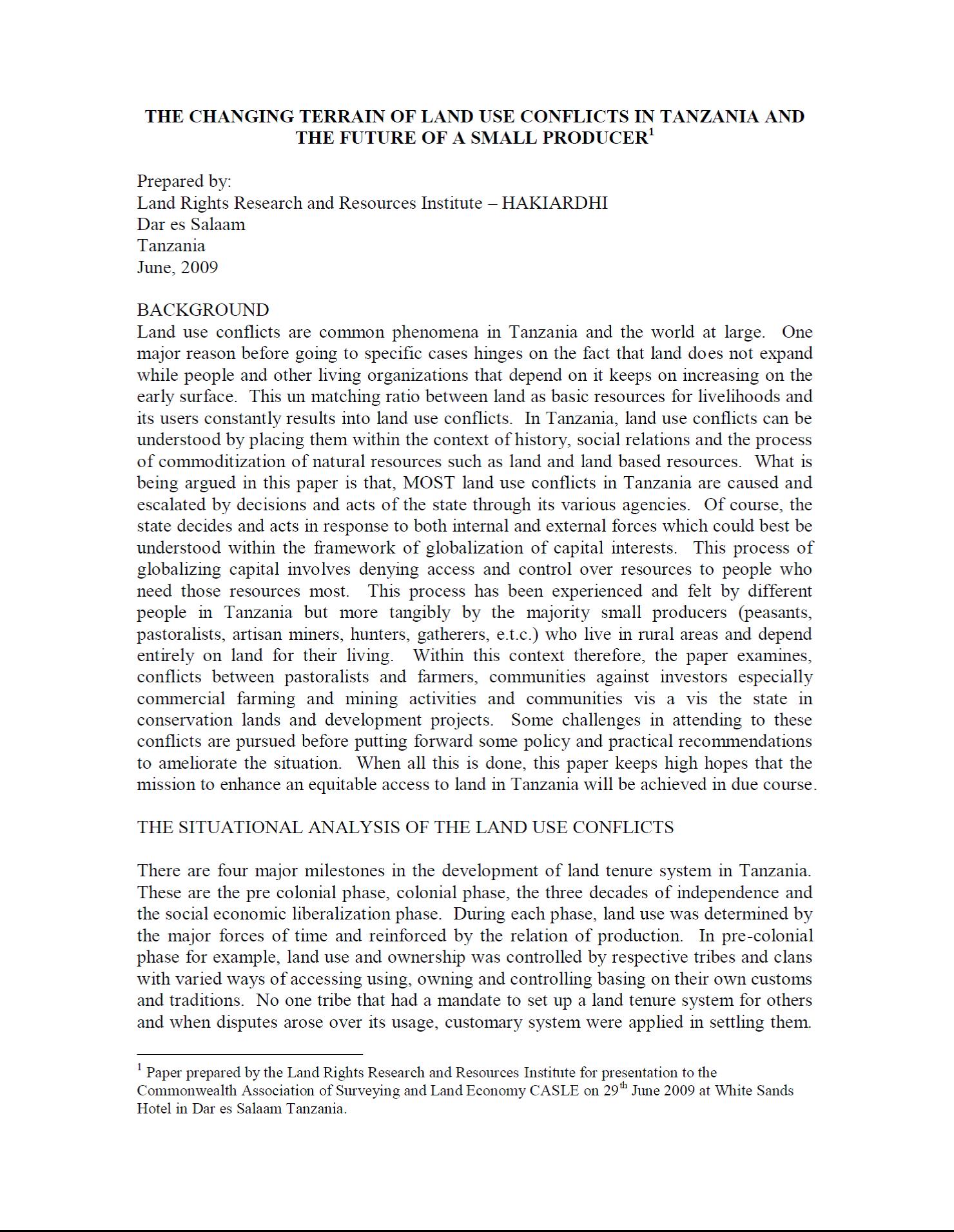Update 2010: Rural women’s access to land and property in selected countries
In 2004, FAO, IFAD, and the International Land Coalition (ILC) jointly published a report on progress towards the Convention on the Elimination of all forms of Discrimination against Women (CEDAW), with respect to the status of rural women. This report provided an historical background to CEDAW and its Optional Protocol (OP 1999) as well as an overview on land issues as reflected in the reports submitted by States Parties.

